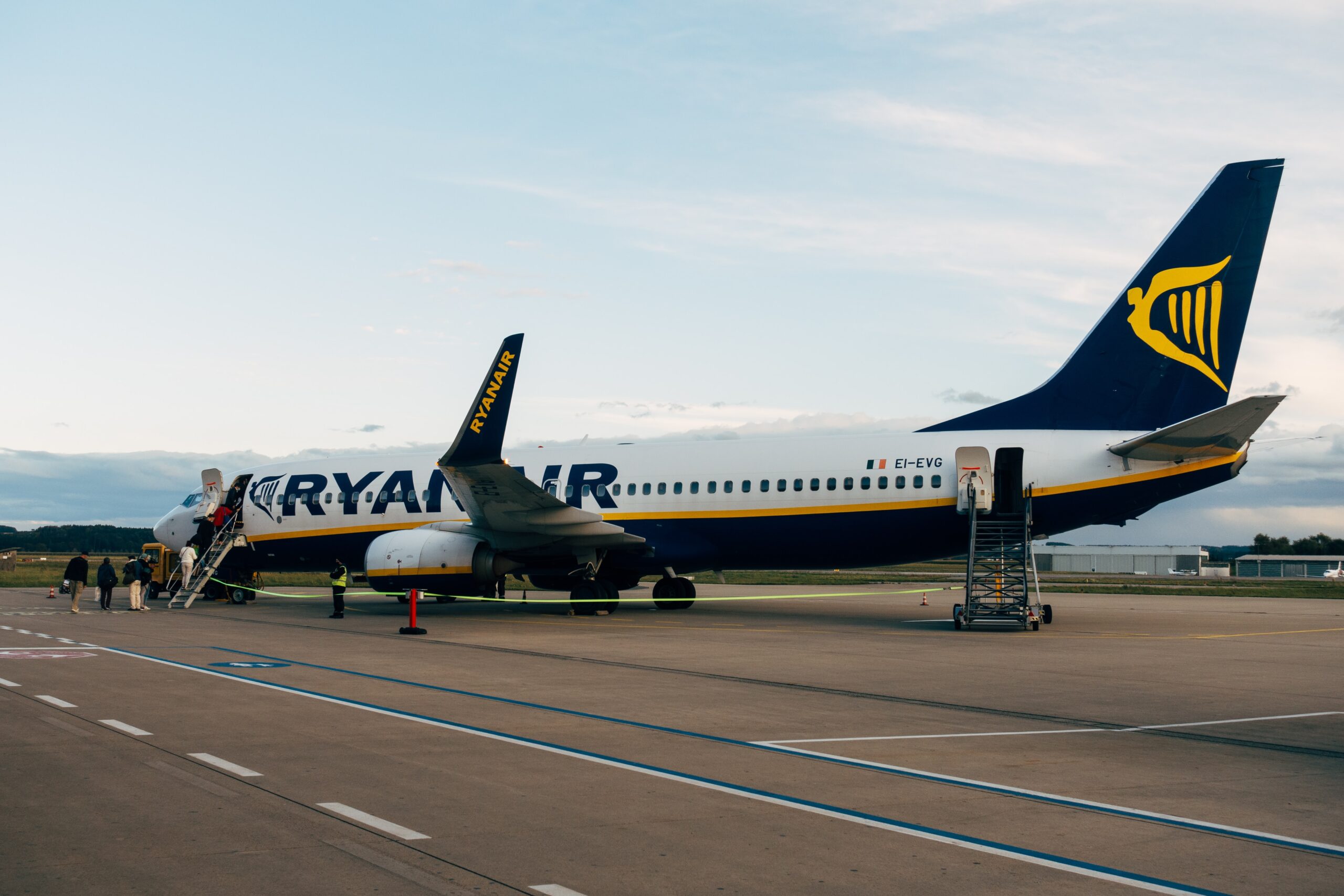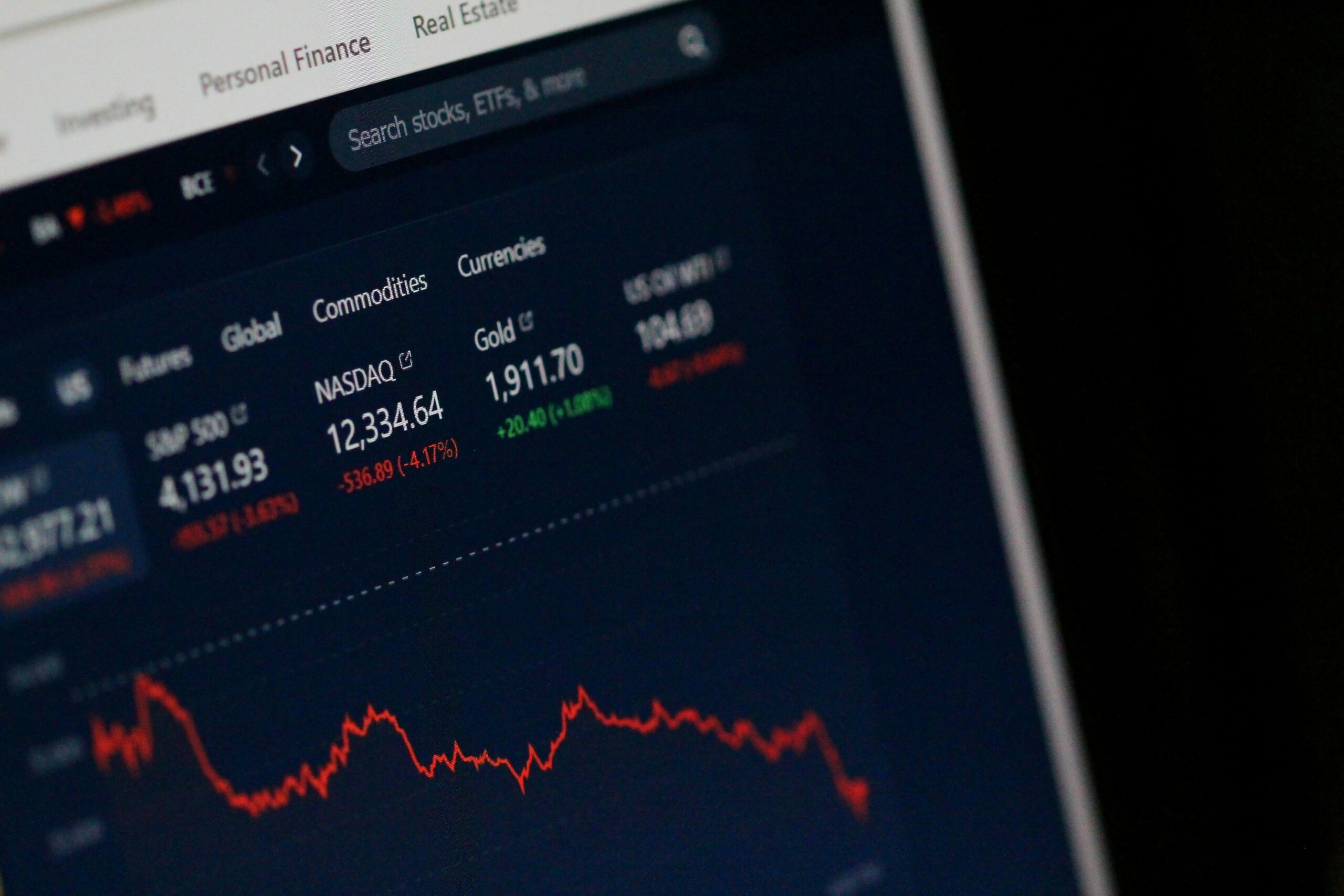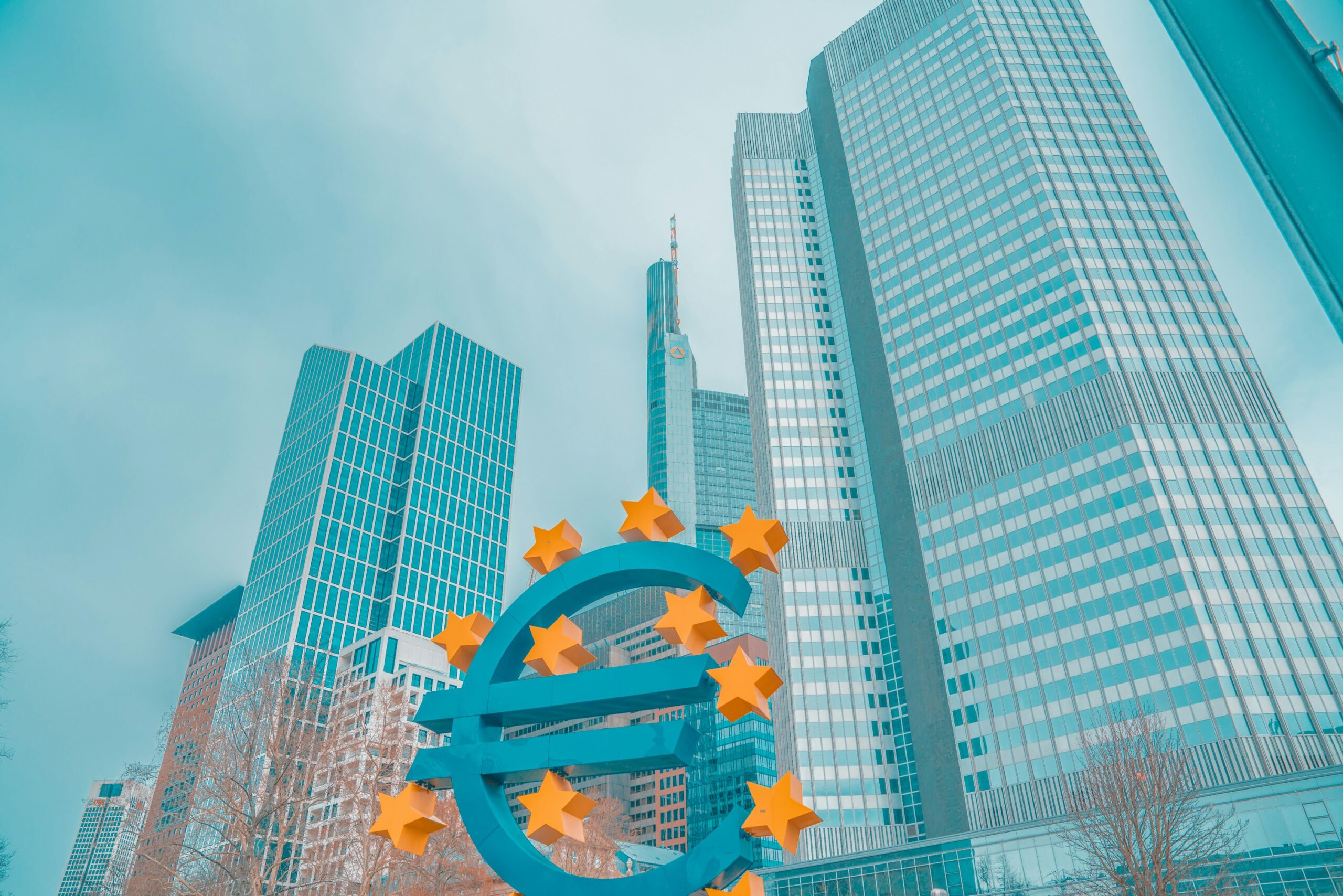France wants to end the era of ultra-cheap flights in Europe and has proposed a minimum price for airline tickets to reduce carbon emissions and support the rail sector.
The French transport minister, Clément Beaune, said in an interview with the business magazine L’Obs that it was no longer acceptable in a time of environmental crisis to buy tickets that cost just 10 euros ($11.80). He said that such low fares “don’t reflect the price for the planet” and that France would push for a European Union-wide scheme to set a minimum price for air travel.
The proposal is part of a broader strategy by the French government to promote greener modes of transportation and curb the aviation industry’s contribution to global warming. In May, France passed a law that bans domestic flights on routes that can be covered by train in less than 2.5 hours, affecting only three routes: Paris-Orly to Bordeaux, Lyon and Nantes. The law also increased the tax on plane tickets for flights departing from France, from 3 euros ($3.50) to 4.30 euros ($5.10) for economy class and from 18 euros ($21.20) to 30 euros ($35.40) for business class.
In addition, France is planning to invest more than 100 million euros ($118 million) in its rail infrastructure in the upcoming budget, inspired by a successful scheme in Germany that allows unlimited travel on any public transport for around 50 euros ($59) per month, including intercity trains. The French government is also looking to revive some night train routes, such as the one from Paris to Berlin, which is expected to resume in December with three weekly departures and a starting price of just 29 euros ($34).
Beaune said that the EU was also considering increasing the tax on private jets, many of which fly over France on their way to the Mediterranean. He said that the EU was working on a proposal to harmonize the aviation tax across the bloc and to include it in the European Green Deal, a set of policies aimed at making Europe carbon-neutral by 2050.
The French initiative has been welcomed by some environmental groups, such as Greenpeace France, which said that it was “a step in the right direction” but that it should be accompanied by more ambitious measures, such as reducing the number of flights and airports in France . However, some experts have argued that setting a minimum price for flights would not address the real problem of frequent flyers, who account for a disproportionate share of emissions. According to a study by Possible, a climate campaign group, in France only 2 percent of people take half of all flights, while in the Netherlands 8 percent of people take 42 percent of flights and in Britain 15 percent of people take 70 percent of flights.
Jon Worth, founder of the Trains for Europe campaign, told Euronews that “anything that makes airlines pay a fair share of the environmental cost that they create is a good thing” but that “we should be dealing with frequent flyers and this does not deal with them”. He suggested that instead of setting a minimum price for flights, a better solution would be to introduce a frequent flyer levy, which would increase an individual’s tax rate based on how many flights they take per year.
The French proposal could also face opposition from some low-cost airlines, such as Ryanair and EasyJet, which have appealed against similar measures in the past. When France introduced the ban on short-haul flights, several airlines challenged it in court, claiming that it amounted to illegal state aid for the rail sector. However, the European Court of Justice ruled that the climate crisis justified such an intervention as an exceptional circumstance.
The French government has not specified what would be the minimum price for flights or when it would be implemented. It is likely that any EU-wide scheme would take time to negotiate and approve among all member states. In the meantime, many travellers may opt for cheaper and greener alternatives to flying, such as trains or buses, which are increasingly available and convenient across Europe.








